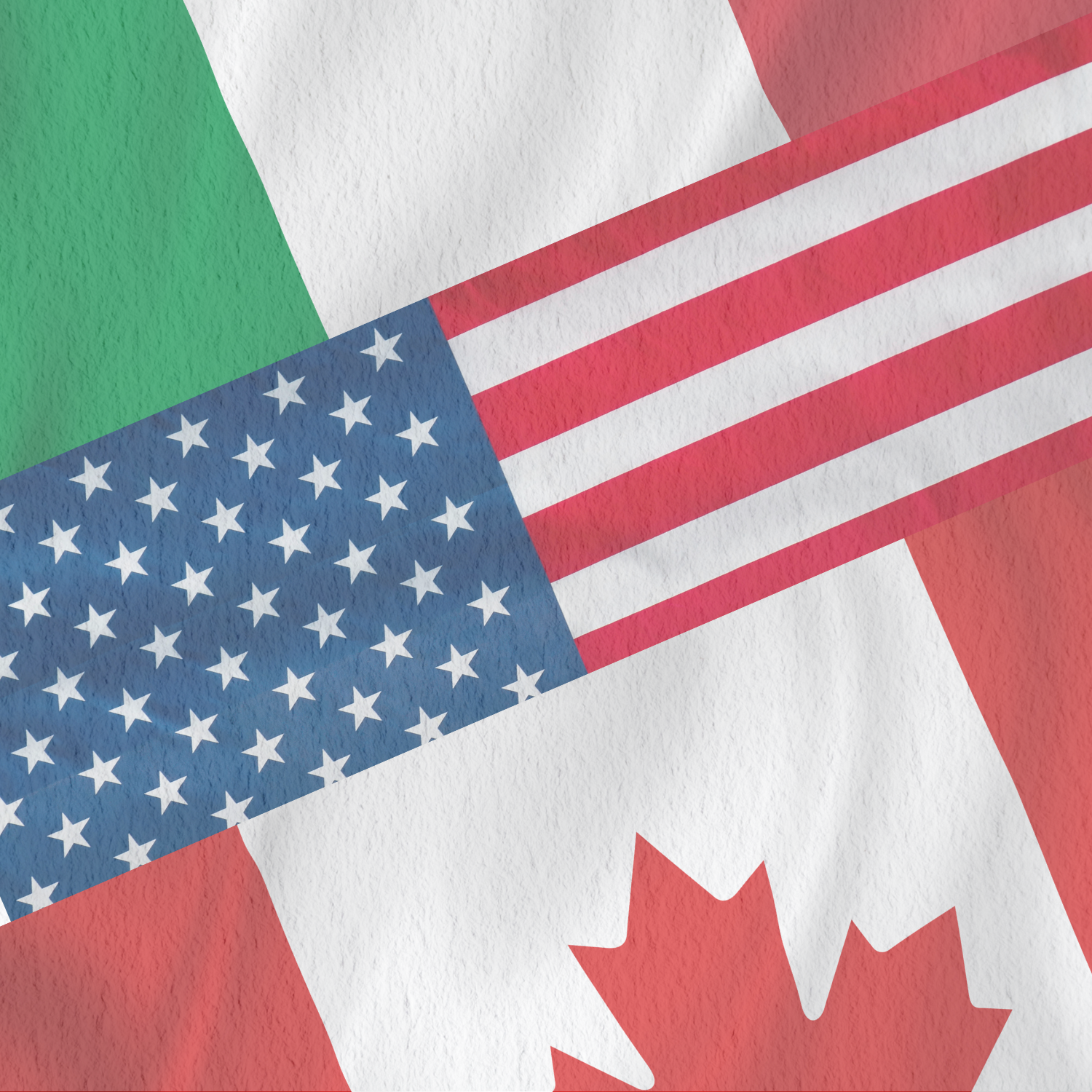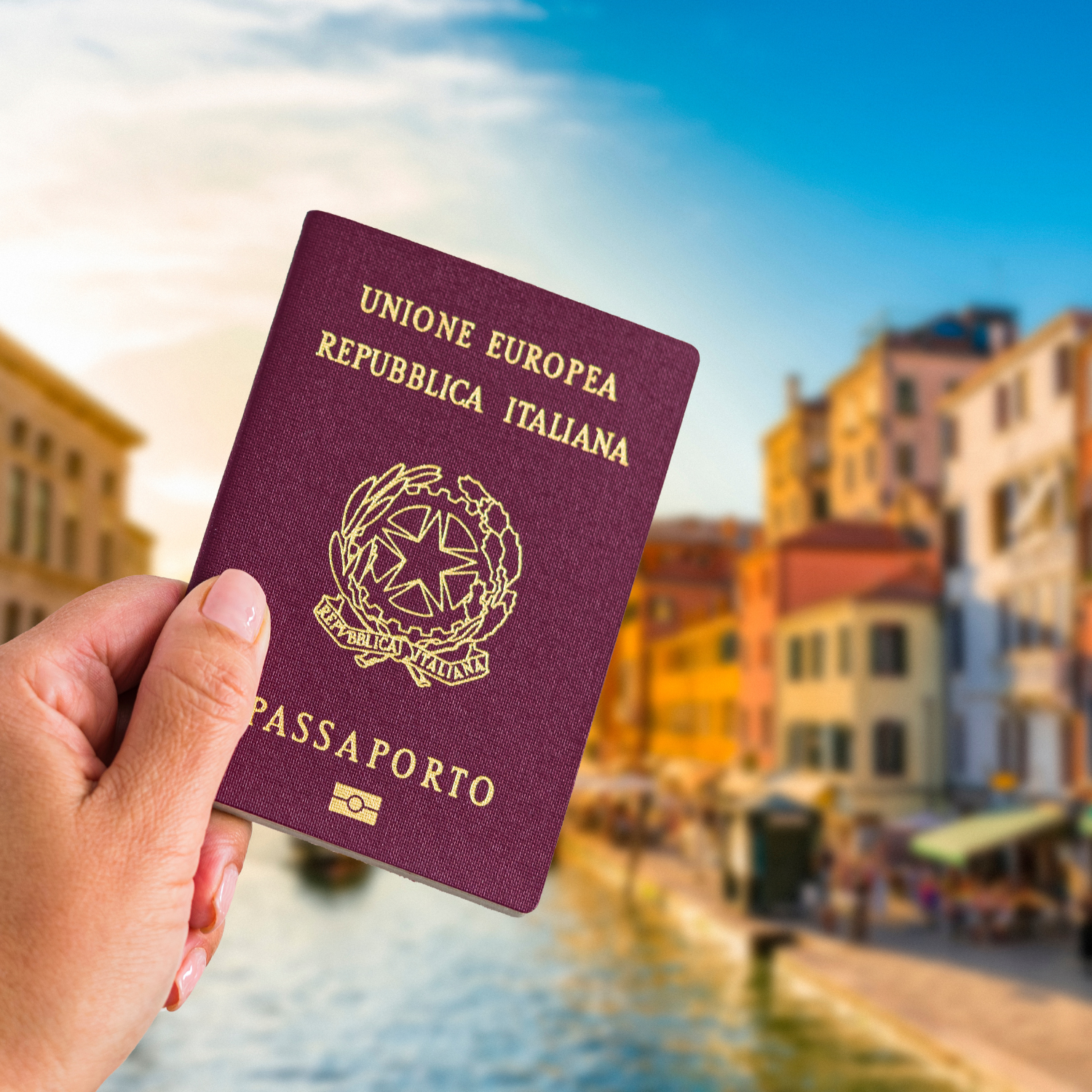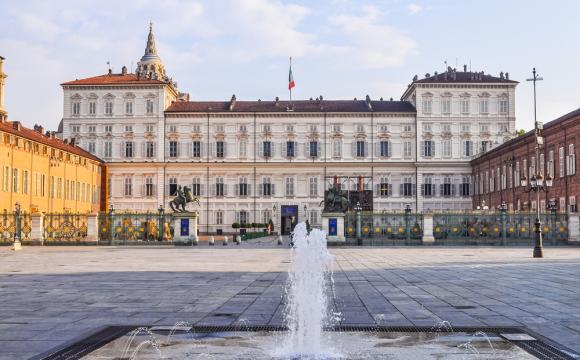The dream of having Italian citizenship by descent recognized was squashed for many North Americans recently with a new interpretation of Italian law.
In what’s known as the “minor issue” ruling from October 2024, many descendants of Italian immigrants who naturalized abroad have now lost their rights to Italian citizenship by descent. As people face the reality of their denied cases or wait for a ruling — hoping for the best, but expecting the worst — we asked an Italian citizenship expert to give us a breakdown of what happened, and what to do if your original pathway to citizenship is no longer viable.
As people are scrambling for options in light of the new ruling, Natosha Fortini, who works with North Americans through her firm, Italian Citizenship Consulting, shares some ideas. While there are now fewer pathways for getting Italian citizenship recognized, as Fortini tells us, the story doesn’t have to end with this new rule.
What is the “minor issue?”
The law hasn’t changed, but its interpretation has.
By Italian law, Italian citizenship is passed from parent to child as long as the parent is an Italian citizen at the time of the child's birth (“jus sanguinis” citizenship). Historically, children born outside of Italy in “jus soli” countries could retain the Italian citizenship they received at birth, even if their parent or parents later acquired citizenship in another country. However, with the recent statutory interpretation by the Court of Cassation (Italy’s highest court) — and alignment with this interpretation by the Italian government — if the parent became a citizen of another country (such as the United States or Canada) before August 16, 1992, and before their child reached the age of majority, the Italian government is now asserting that the child lost their Italian citizenship along with the parent. That means the child and their future descendants are now ineligible for citizenship by descent.
For people applying to have their Italian citizenship by descent recognized, it’s no longer enough to show that a parent was an Italian citizen when the child was born. For example: If your grandparent was an Italian citizen when your parent was born but became a Canadian or US citizen before August 16, 1992, and before your parent reached the age of majority, your parent is eligible to reacquire their Italian citizenship, but you and your descendants no longer qualify for Italian citizenship by descent. Instead, an additional requirement, such as through the other parent, now needs to be met for a child to get their Italian citizenship recognized.
While there’s no estimate of how many people this new ruling will affect, Fortini tells us that almost 70% of her clients are impacted by this change. Some experts say that this new ruling is intended to limit the pool of applicants for Italian citizenship to those who have ties to Italy and intend to live, work, and or contribute to the country by voting or otherwise being actively engaged in Italy as citizens, not just as long-term visitors. However, Fortini says the changes predominantly impact first and second-generation North Americans whose ancestors left Italy more recently and naturalized before August 16th, 1992, and who still have cultural, linguistic, and family ties to their homeland.
Why the “minor issue” change matters for North Americans

The change has drastically reduced the number of people who are eligible for Italian citizenship by descent, especially in North America, but as with any legal matter, there are still some unknowns.
As Fortini says, there are currently a lot of unanswered questions around this directive, such as how it will affect applications submitted before October 3, 2024, but not yet approved.
North Americans are also more likely than others to be hit by the new interpretation, as she explains: “The changes made by the Italian government have disproportionately affected North Americans of Italian descent, whose ancestors faced increased social and political pressures to naturalize compared to Italian immigrants elsewhere, such as South America.”
Italian immigrants in North America experienced a high rate of naturalization, she explains, which afforded them additional legal rights and helped protect them against discrimination. In contrast, the inclusive immigration policies and social systems in many South American countries, Argentina for example, allowed Italian immigrants to integrate into society without the pressure to naturalize.
Even for North Americans, the “minor issue” doesn’t have to mean the end of the line.
Potential minor issue workarounds

Here are two options that Fortini says can be worth considering:
The 1948 rule for female ancestors
People should take a close look at the dates on their family trees before giving up on their Italian citizenship cases. If the next descendant was born before 1948, there may be an eligible "1948 case" through the Italian court system. Similarly, if a female Italian ancestor lost her Italian citizenship involuntarily through her husband it may be a path to eligibility.
Citizenship by pre-1983 marriage in Italy and abroad
Today, when a foreigner marries an Italian, there’s a waiting period for citizenship of at least two to three years, but before April 27th, 1983, an Italian man who married a non-Italian woman automatically gave her Italian citizenship on their wedding day. In turn, that wife could pass citizenship on to her children if her husband subsequently lost his Italian citizenship by naturalizing in another country.
If these two options don’t lead to a solution, your next step is to consult with an expert. Though it may be discouraging to have fewer pathways to having Italian citizenship by descent recognized, you may still have options, and working with an expert is the best way to find out.
If you want to know your eligibility to apply for Italian citizenship, Italian Citizenship Consulting Inc. has free resources to help you get started and a full range of consulting services designed specifically for Canadians and Americans. For more information visit https://italiancitizenshipconsulting.com.













